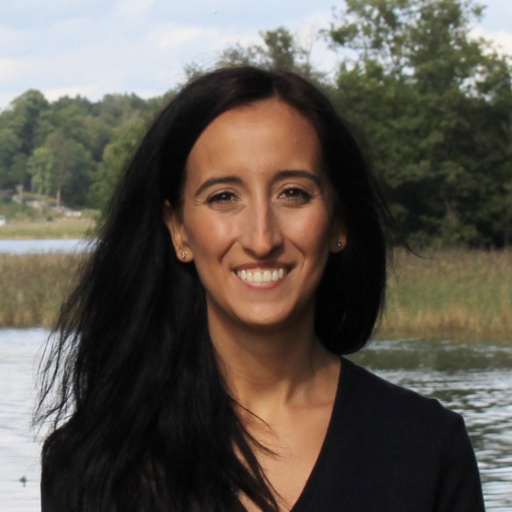
Teresa Fernández Crespo
| AREA | RESEARCH GROUP | |
|---|---|---|
| Prehistory | Research group on the recent prehistory and protohistory of the Spanish northern plateau. |
After graduating in History from the University of the Basque Country (UPV/EHU) in 2005, I took a dual PhD programme in Physical Anthropology (University of Granada) and Prehistory (UPV/EHU) and in 2007 I obtained the Diploma of Advanced Studies (DEA). Subsequently, I obtained a pre-doctoral FPI grant from the Ministry of Education and Science and in 2012 I obtained the title of Doctor from the UPV/EHU. In 2014 I obtained a three-year postdoctoral grant from the Basque Government to lead an international research project at the UPV/EHU and the University of Oxford (UK), where I specialised in stable isotope analysis of archaeological bone remains. In 2017 I worked again at the University of Oxford as a research associate. In 2018 I was awarded a two-year Newton International postdoctoral fellowship funded by the British Academy to lead a new research project at the University of Oxford. In 2019, I was awarded a Marie Sklodowska-Curie Individual Fellowship from the European Commission, to be carried out at the CNRS in France, specifically at the University of Aix-Marseille, where until December 2021 I have been leading my last research project. On 1 February 2022 I joined the University of Valladolid as a distinguished senior researcher.
I study ways of life, identity, social inequality and violence in the recent prehistory of southwestern Europe and, particularly, of the Iberian Peninsula, through interdisciplinary approaches that combine human osteoarchaeology and multi-isotopic and radiocarbon analyses.
In the coming years I will develop the ISOPRINT project (ISOtopic approach to identity during Recent Prehistory in the Iberian Peninsula). Isotopic analyses are based on the principle that the basic units that make up body tissues, including bones and teeth, come from the diet followed during life. Therefore, their study can provide essential information on the type of food consumed and its geographical origin. This is important because subsistence, commensality and provenance are intimately related to identity. We are not only "what we eat", as the anthropologist Ludwig Feuerbach put it, we are also with whom and where we eat. Food (shaped by culinary preferences, religious taboos, beliefs about health and nutrition or accessibility, among other factors), the immediate socio-economic circle, and the places of birth and residence, constitute fundamental aspects of the socio-economic and cultural reality of any individual or group. The main objective of this project is, therefore, to explore individual and collective identity in the recent prehistoric populations of the peninsular interior, from both synchronic and diachronic perspectives, through a multi-isotopic approach.
My vision is that, thanks to the ISOPRINT project, the peninsular interior will become a European benchmark in the application of archaeometric methodologies, particularly isotopic, to answer complex archaeological questions during recent prehistory.

